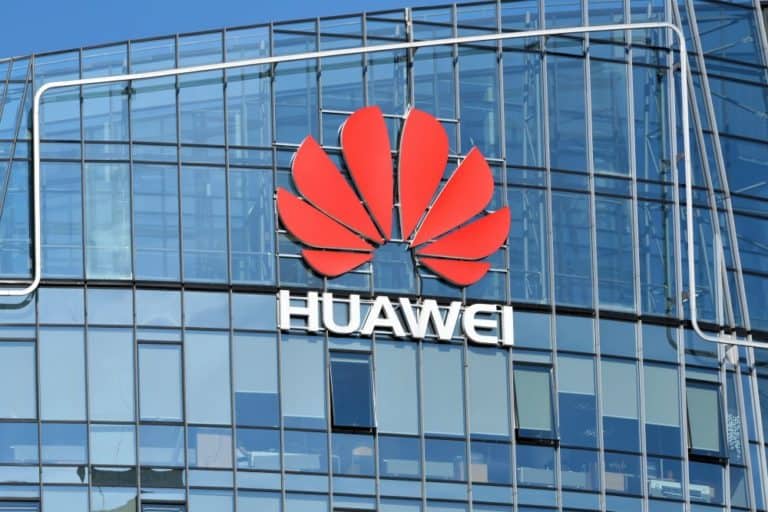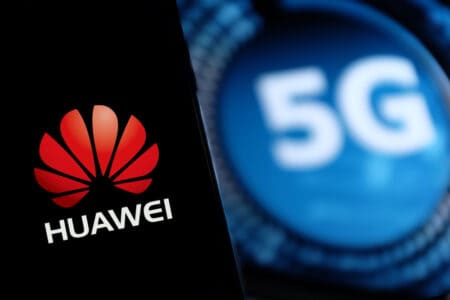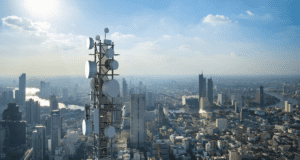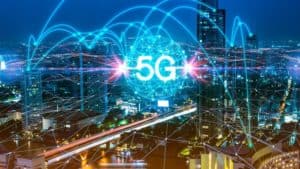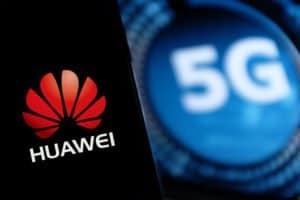The American government has increased pressure on allies to boycott network products from Huawei. The smartphone manufacturer responds by warning that restricting competition will raise prices. It would also delay the implementation of 5G, which could cause the United States to lag behind other countries, according to ZDNet.
“We do not now have the opportunity to provide US consumers with 5G solutions and services, which means that the US market is a market without full competition, while still blocking major players,” said Eric Xu, a member of the company’s board of directors. “I’m not sure whether they can now live up to their plan to become the number one in 5G worldwide.”
In 2014, the US government banned two Chinese companies, Huawei and ZTE, from bidding on government contracts. Later on there were more restrictions for the two companies. For example, U.S. government agencies are no longer allowed to use Huawei and ZTE products. The reason is that there is a fear that the companies will be abused by the Chinese government for espionage. However, no evidence has been found for this and both companies have always denied it.
Stricter controls
“Actions speak louder than words,” said Ryan Ding of Huawei last week. “Huawei has high-level 5G end-to-end capabilities and innovation products and solutions. So far, we have received 22 commercial contracts for 5G and are working with over 50 providers on commercial 5G testing.”
The company already supplies products to fourteen European providers, including BT and Three in the United Kingdom, Deutsche Telekom in Germany and Telecom Italia in Italy. The company also claims to have already sold over 10,000 5G-base stations outside China.
With all the criticism from governments, Huawei’s equipment has had a deeper analysis and more security tests than other vendors’ equipment. Phil Sheppard of Three indicates that the British government even has a Huawei Cyber Security Evaluation Centre, while there is nothing comparable for competitors like Ericsson, Nokia and Samsung.
This news article was automatically translated from Dutch to give Techzine.eu a head start. All news articles after September 1, 2019 are written in native English and NOT translated. All our background stories are written in native English as well. For more information read our launch article.